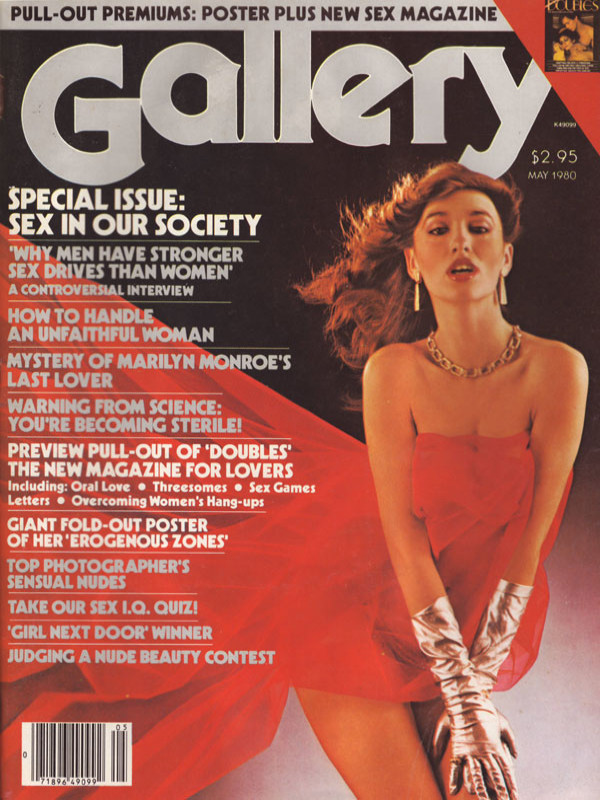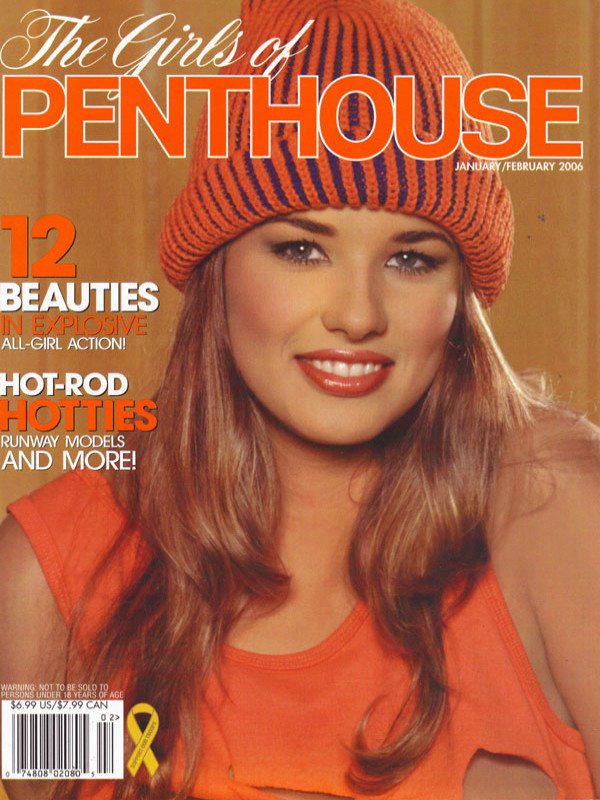
District Court for the Western District of Virginia granted a directed verdict for Hustler on Falwell’s invasion of privacy claim. At the bottom of the page was the disclaimer:“ad parody - not to be taken seriously.” Further, the magazine’s table of contents lists the ad as “Fiction Ad and Personality Parody.” Falwell sues in response to ad falsityįalwell sued Flynt to recover damages for libel, invasion of privacy, and intentional infliction of emotional distress. Feigning a real Campari ad, Hustler’s parody contains a photograph of Jerry Falwell and an interview with him about his “first time” - a drunken incestuous encounter with his mother in an outhouse.

Campari ads featured various celebrities talking about their “first time,” a deliberate double entendre. Inside the front cover of its November 1983 issue, Hustler published what it characterized as a “parody.” It was a take-off on a national advertising campaign promoting Campari, an Italian liqueur. Falwell was the founder of a conservative Christian group, the Moral Majority, and Liberty University in Lynchburg, Virginia. Flynt is the publisher of Hustler magazine, an explicitly hard-core monthly publication. The celebrated Court decision pitted two icons of 1980s politics - Larry Flynt and the late Jerry Falwell - against one another in a contest over tort liability and the First Amendment.
Hustler magazine covers 1980 free#
46 (1988), the Supreme Court reversed a lower court’s judgment for intentional infliction of emotional distress against a publisher, noting that the First Amendment protects publishers’ free speech and press rights from such claims made by public figures regarding materials that are clearly labeled as parodies. At right is Falwell's wife, Macel Falwell. Supreme Court Wednesday Decemafter a court session dealing with a suit filed by Falwell against Hustler magazine and its publisher Larry Flynt.

Jerry Falwell, center, listens as his legal counsel, Norman Grutman, talks to reporters outside the U.S.


 0 kommentar(er)
0 kommentar(er)
